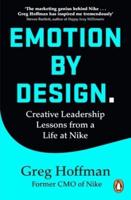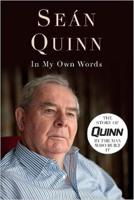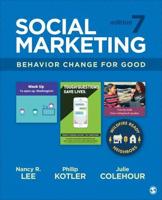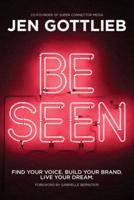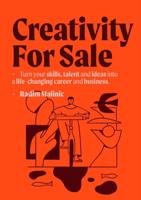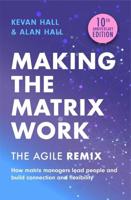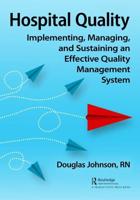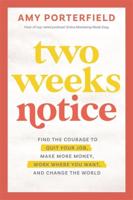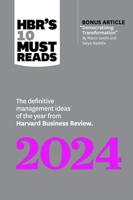Publisher's Synopsis
So far, as a market society, we have got it all wrong - the role of the economy is not to organise infinite growth on a limited planet, nor is to generate wealth that is accumulated in the hands of a few. No, it is to satisfy the most important human needs for all, from food and shelter to health, education, creativity, social recognition and love.
This book adopts a radically different approach to the economy. Instead of accepting the dominance of finance and capital, it goes back to the basics - what are the true nature, meaning and function of resources, of work, of the Commons, of knowledge, of infrastructure, of capital in our human lives - especially if we intend, in our personal lives, to focus on what matters most.
The first part of the book investigates the disease of our system: how the influence of market and money has inverted most of our human priorities, favouring competition and profit at the expense of care and sharing.
Then it proposes solutions: how we should transform our behaviours; how local communities need to take back control of the conditions for their own production and exchanges; how reciprocity may become the key factor that will initiate exchanges of a fundamentally different nature; how our human values and persons may be better recognised and reinforced; how exchanges become, then, opportunities for social links; how precious qualities (goods) may take shape, find their own expression and be shared, and how they may multiply precisely because they are shared.
True wealth is not like a cake one gets less of when many people share it - on the contrary, an equitable way of sharing common wealth makes it accessible to many more, accessible to all people. And, in this way, it circulates more quickly and extends more widely.




